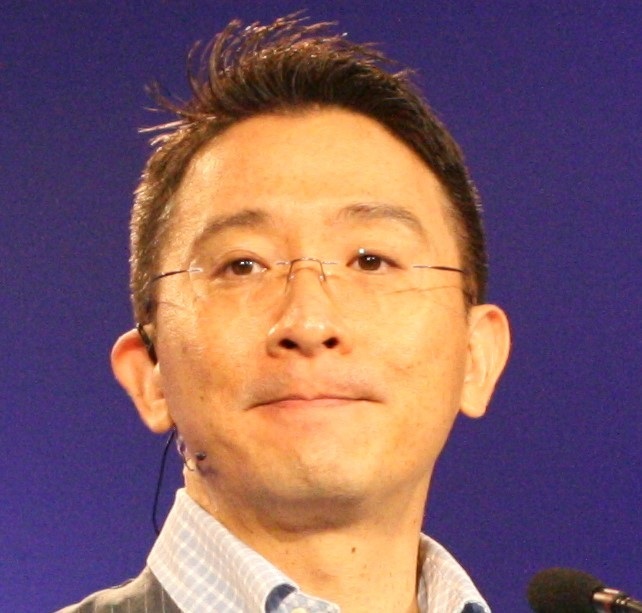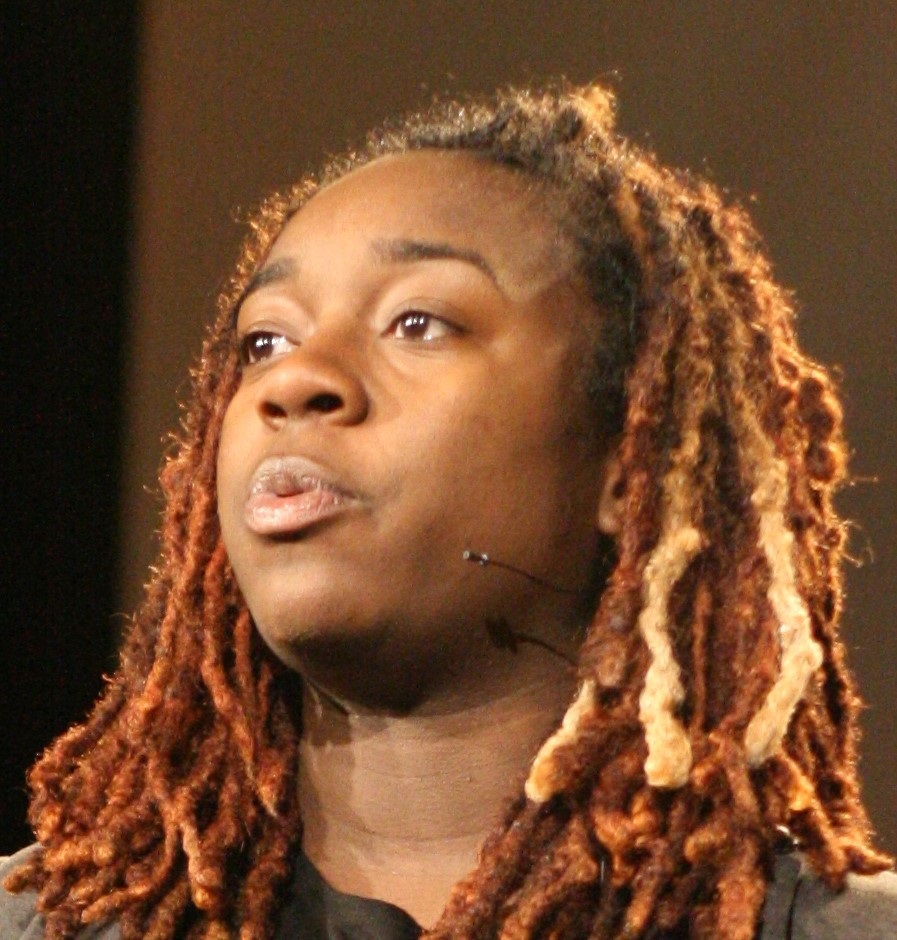By Bob Allen
The goal of ministry to gays and lesbians isn’t to make them heterosexual, three speakers said Oct. 28 at a Southern Baptist Convention-sponsored conference on the gospel and homosexuality. It’s to make them holy.
Rosaria Champagne Butterfield, a former college English professor who described her journey from a liberal, lesbian feminist to a full-time mother and pastor’s wife in her 2013 book Secret Thoughts of an Unlikely Convert, told participants at the Oct. 27-29 conference on The Gospel, Homosexuality, and the Future of Marriage that the Bible’s understanding of sexuality is “the best-kept secret on the planet, sadly even among Christians.”
“When we as Christians call one another to sexual holiness, we are not saying that the answer is heterosexual marriage,” Butterfield said. “We acknowledge that marriage is God’s design, but we acknowledge that not everyone is designed for marriage.”
Butterfield was one of several speakers at the event, sponsored by the SBC’s Ethics & Religious Liberty Commission.
 Christopher Yuan, co-author of his own prodigal son-type memoir titled Out of a Far Country: A Gay Son’s Journey to God. A Broken Mother’s Search for Hope, recounted bad choices that landed him in prison on drug charges and a diagnosis of HIV-positive. After accepting Christ through reading the Bible in prison, he said, his transformation began slowly with his deliverance from drugs.
Christopher Yuan, co-author of his own prodigal son-type memoir titled Out of a Far Country: A Gay Son’s Journey to God. A Broken Mother’s Search for Hope, recounted bad choices that landed him in prison on drug charges and a diagnosis of HIV-positive. After accepting Christ through reading the Bible in prison, he said, his transformation began slowly with his deliverance from drugs.
“The last thing that I was holding on to that I didn’t want to let go was my sexual identity, my sexuality,” he said. “As I read the Bible it was so clear to me that God loved me unconditionally, and I also came across some passages in the Bible that seemed condemning of that core part of who I thought I was, my sexuality.”
“So I went to the prison chaplain, asking his opinion, and to my surprise the chaplain told me that the Bible does not condemn homosexuality,” Yuan said. “He gave me a book explaining that view.”
Yuan said he took the book “in much curiosity” and in hope of finding biblical justification for celebrating his same-sex orientation.
“From a human perspective, I had every reason in the world to accept what that book was claiming, to justify the way I had lived, but God’s indwelling Holy Spirit convicted me that those assertions just did not line up with the word of God,” Yuan said. “I couldn’t even finish that book, and I gave it back to the chaplain.”
Yuan said he then turned to the Bible, figuring if there were questions and debate about the six passages most frequently used to condemn homosexuality there must also be passages that would seem to bless a monogamous gay relationship.
“I read it cover to cover several times,” he said. “I couldn’t find anything.”
“So a decision had to be made, either abandon God and pursue a gay relationship by allowing my desire for a relationship to dictate how I lived, or abandon pursuing a monogamous gay relationship by delivering myself from my desires and my sexuality and live as a follower of Jesus Christ,” he said. “My decision was clear and obvious. I chose God.”
“I realized my sexuality shouldn’t be the core of who I was,” Yuan said. “I told myself before that God loved unconditionally, but he doesn’t want me to change. But I realize now after reading the Bible that unconditional love is not the same thing as unconditional approval of my behavior.”
“My identity should not be grounded only in my sexuality,” he said. “My identity is not gay, homosexual or even heterosexual for that matter. But my sole identity as a child of the living God must be in Jesus Christ alone.”
Butterfield, a former tenured professor of English at Syracuse University, lived in a series of monogamous lesbian relationships before she converted to Christianity in 1999. She made that decision after reading the Bible cover-to-cover for a book project critiquing the Religious Right.
From a literary perspective, Butterfield said “it was hermeneutically shocking” to discover a unified message throughout Scripture “that God deals differently with people when people deal differently with God.”
“I was blown away by the democratization of original sin and the free gift of the gospel,” she said.” And most of all, my total undoing was to realize that I had thought I was on the side of righteousness and goodness and kindness and compassion, and it was my total undoing to realize that not only was it Jesus I had been persecuting the whole time, but it was my Jesus, my prophet, my priest, my savior, my king and my friend.”
Butterfield said when Christians talk about chastity or dealing with sexual temptation, they don’t mean repression or slapping people on the wrist.
“We’re talking about acknowledging and loving the image of God in someone else deeply enough to be sacrificial with what he wants,” Butterfield said.
Butterfield said Christianity isn’t a quick fix to homosexuality or any other temptation. To this day, she said, she prays daily, “Lord, how has original sin distorted me, and how is indwelling sin manipulating me?”
“I’m no different now than then,” she said. “You’re no different than I am. These are our questions, and if we could share those instead of pretending we’re all cleaned up, we might have a powerful witness for what the gospel can do in a sexually broken world.”
 Jackie Hill Perry, a Christian rapper who credits her faith for helping her to resist lust for other women and is now married and eight months pregnant, said during a panel discussion she doesn’t care much for people with same-sex attraction who agree that homosexual activity is a sin and remain celibate self-identifying as a “gay Christian.”
Jackie Hill Perry, a Christian rapper who credits her faith for helping her to resist lust for other women and is now married and eight months pregnant, said during a panel discussion she doesn’t care much for people with same-sex attraction who agree that homosexual activity is a sin and remain celibate self-identifying as a “gay Christian.”
“I don’t like it,” she said. “It’s like, ‘I’m a blaspheming Christian.’”
“I don’t know how one title that represents that I glorify God can be coupled with a title of sin that God hates,” Perry said. “It’s just weird. I feel like I would want to be titled in a way that truly represents that God gets all the glory in my life.”
Previous stories:
